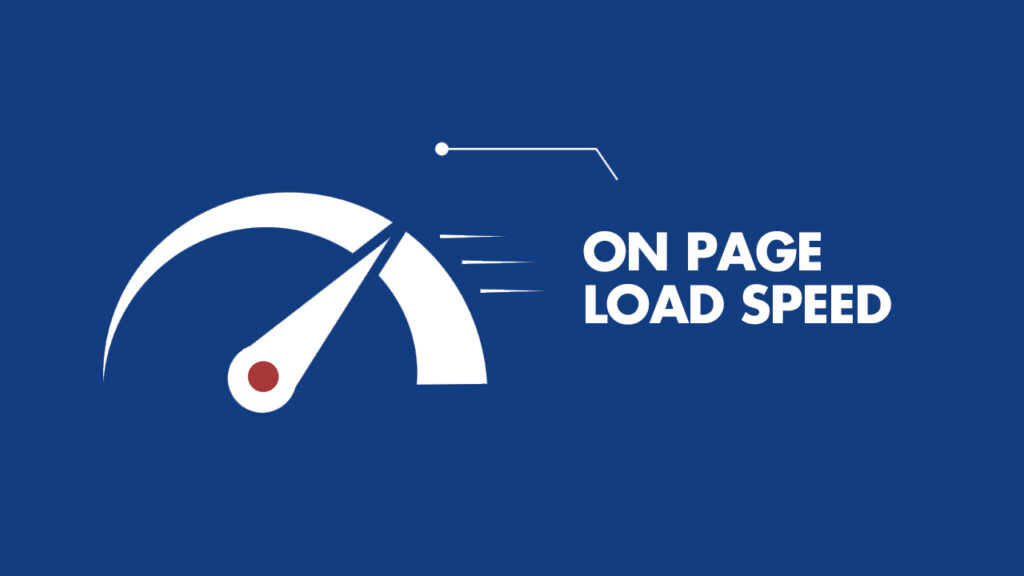Starting or growing a small business requires strategic planning, determination, and, most importantly, financing. Choosing the right small business financing options can make or break the success of your venture. With various funding solutions available, understanding your choices is essential to effectively meet your business needs.

In this article, we’ll explore the best financing options for small businesses, their pros and cons, and how to determine which one is right for your situation.
What Are Small Business Financing Options?
Small business financing options are tools and resources that provide businesses with the capital needed to start, operate, or expand their ventures. These options can range from traditional loans to modern, innovative funding methods.
Business owners typically use financing to:
- Purchase equipment or inventory
- Cover day-to-day operational expenses
- Hire staff or invest in training
- Expand into new markets or locations
1. Traditional Bank Loans
A traditional bank loan is one of the most common and reliable ways to fund a small business. Banks provide:
- Term Loans: Fixed repayment schedules with set interest rates.
- Lines of Credit: Flexible funds that you can draw on as needed.
Pros:
- Competitive interest rates
- Large loan amounts available
- Fixed terms for predictable repayments
Cons:
- Strict eligibility requirements
- Lengthy approval process
- Collateral often required
2. SBA Loans
The Small Business Administration (SBA) offers government-backed loans specifically designed for small businesses. These include:
- SBA 7(a) Loans: Ideal for working capital, equipment, or real estate.
- SBA Microloans: Smaller loans up to $50,000, perfect for startups.
- SBA 504 Loans: Designed for purchasing large assets like real estate or equipment.
Pros:
- Low interest rates
- Long repayment terms
- Backed by the government
Cons:
- Extensive paperwork
- Lengthy approval timelines
3. Business Credit Cards
Business credit cards are an excellent option for short-term financing needs. They provide quick access to capital for purchases or emergencies.
Pros:
- Easy to apply for and access funds
- Helps build business credit
- Offers rewards like cash back or travel points
Cons:
- High interest rates if not paid off in full
- Limited to smaller amounts of financing
4. Equipment Financing
If your business relies heavily on machinery or equipment, equipment financing is a tailored option. This type of loan allows you to purchase or lease the equipment needed to operate.
Pros:
- The equipment serves as collateral
- Flexible repayment terms
- Can finance up to 100% of the equipment cost
Cons:
- Equipment depreciation affects the value
- Limited to equipment-related purchases
5. Invoice Financing
For businesses dealing with delayed payments from clients, invoice financing provides a solution. This option allows you to borrow against unpaid invoices to improve cash flow.
Pros:
- Quick access to cash
- No need for collateral
- Scales with business growth
Cons:
- Fees can be high
- Not ideal for long-term financing
6. Crowdfunding
Platforms like Kickstarter and Indiegogo have made crowdfunding a popular way to raise capital. This method allows businesses to pitch their ideas to a broad audience and receive funding from backers.
Pros:
- Access to a wide audience
- No repayment is required if funds are raised as donations
- Build a community around your brand
Cons:
- Success depends on campaign quality
- Platform fees can be high
7. Angel Investors and Venture Capital
For businesses with high growth potential, angel investors and venture capitalists provide substantial funding in exchange for equity.
Pros:
- Large sums of capital available
- Mentorship and business expertise are often provided
- No repayment required
Cons:
- Requires giving up partial ownership
- High expectations for business growth
8. Peer-to-Peer Lending
Peer-to-peer (P2P) lending platforms connect small businesses with individual lenders willing to provide funding.
Pros:
- Less stringent credit requirements
- Quick and straightforward application process
Cons:
- Higher interest rates than traditional loans
- Limited loan amounts
9. Grants for Small Businesses
Grants are a form of funding that does not require repayment. They are often offered by government agencies, nonprofit organizations, or private companies.
Pros:
- No repayment required
- Can help fund specific projects
Cons:
- Highly competitive application process
- Limited to specific industries or demographics
10. Online Lenders
Modern technology has given rise to online lending platforms, which offer quick and accessible financing. These lenders provide options such as term loans, lines of credit, and merchant cash advances.
Pros:
- Fast approval and funding
- Less stringent requirements
- Convenient application process
Cons:
- Higher interest rates than traditional banks
- Shorter repayment terms
How to Choose the Best Small Business Financing Option
Selecting the right financing option depends on various factors:
- Business Needs: Determine whether you need funds for short-term expenses or long-term growth.
- Creditworthiness: Evaluate your personal and business credit scores to see what options you qualify for.
- Repayment Terms: Choose a financing option with terms that align with your cash flow.
- Interest Rates: Compare rates across lenders to minimize borrowing costs.
- Collateral Requirements: Decide whether you’re comfortable pledging assets as collateral.
Tips for Improving Your Chances of Approval
- Prepare a Solid Business Plan: A comprehensive plan demonstrates your business’s potential and reliability.
- Build Good Credit: Both personal and business credit scores play a role in loan approval.
- Organize Financial Documents: Ensure your financial statements, tax returns, and other documents are up to date.
- Explore Multiple Options: Don’t settle on the first lender—compare various financing options.
- Work with Advisors: Consult with financial experts or mentors to guide your decision-making process.
Conclusion
Navigating the world of small business financing options can feel overwhelming, but understanding your choices will empower you to make informed decisions. Whether you choose a traditional bank loan, government-backed SBA funding, or alternative methods like crowdfunding, there’s an option suited to your unique needs.
By carefully assessing your business goals and financial situation, you can secure the funding required to take your small business to new heights. Start exploring your options today and unlock the potential for growth and success.



